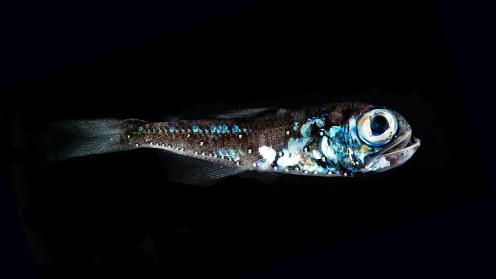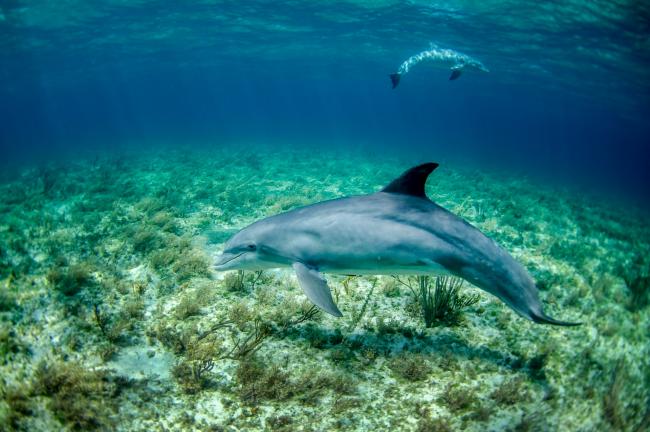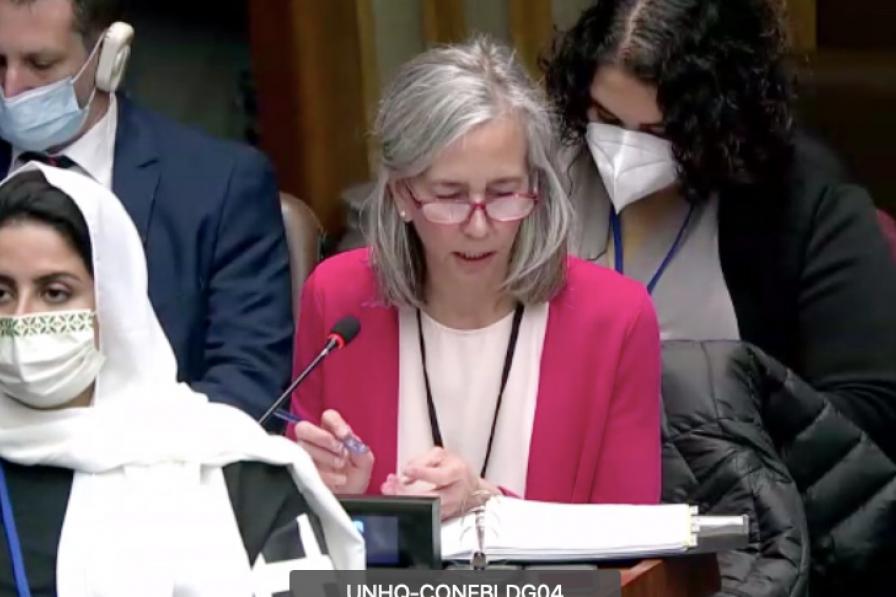Tuesday, 8 March 2022 marked International Women’s Day, and this was not lost on the delegates attending the fourth meeting of the intergovernmental conference (IGC-4) on an international legally binding instrument under the United Nations Convention on the Law of the Sea on the conservation and sustainable use of marine biological diversity of areas beyond national jurisdiction (BBNJ). Throughout the day, delegates were quick to commend IGC President Rena Lee (Singapore) on her efforts to guide the Conference towards a successful outcome.
Delegates spent most of the day in informal-informals, making progress on negotiating text related to capacity building and the transfer of marine technology (CB&TT). They discussed draft articles on, inter alia:
- Types of CB&TT;
- Monitoring and review of CB&TT; and
- Objectives specific to CB&TT.
In their discussions on CB&TT, a number of delegations lauded the progressive inclusion of an indicative, non-exhaustive list of CB&TT activities as part of the text of the future instrument. One delegation expressed hope that embedding specific aspects of CB&TT into the text of the future BBNJ instrument would guarantee capacity building and the transfer of marine technology for developing countries. He noted that, in the 40 years of UNCLOS, developing countries have only benefited from capacity building once: via the hands of private contractors under the International Seabed Authority.
They spent the last hour of day beginning discussions on marine genetic resources, including questions on the sharing of benefits. They considered a draft article on the collection of, and access to, marine genetic resources of areas beyond national jurisdiction. Discussion on this will continue on Wednesday, 9 March 2022.
Monday’s talk had been fluid and interactive, allowing delegates to engage in a dynamic exchange of views based on the President’s revised draft text of an agreement on BBNJ. Coming into the session on Tuesday, however, some delegations requested advance copies of the questions for each section, so that they could better prepare their responses and better coordinate their positions. Many commended President Lee’s facilitation style on Monday, which enabled delegations to speak to each other and not to the text, in a first for the IGC. Having the questions in advance may not necessarily hinder the fluidity of conversations so as long as delegations are willing to engage with each other. It remains to be seen which mode of negotiations will offer delegations the “giant step to the middle” called for by IGC President Rena Lee.
To receive free coverage of global environmental events delivered to your inbox, subscribe to the ENB Update newsletter.








